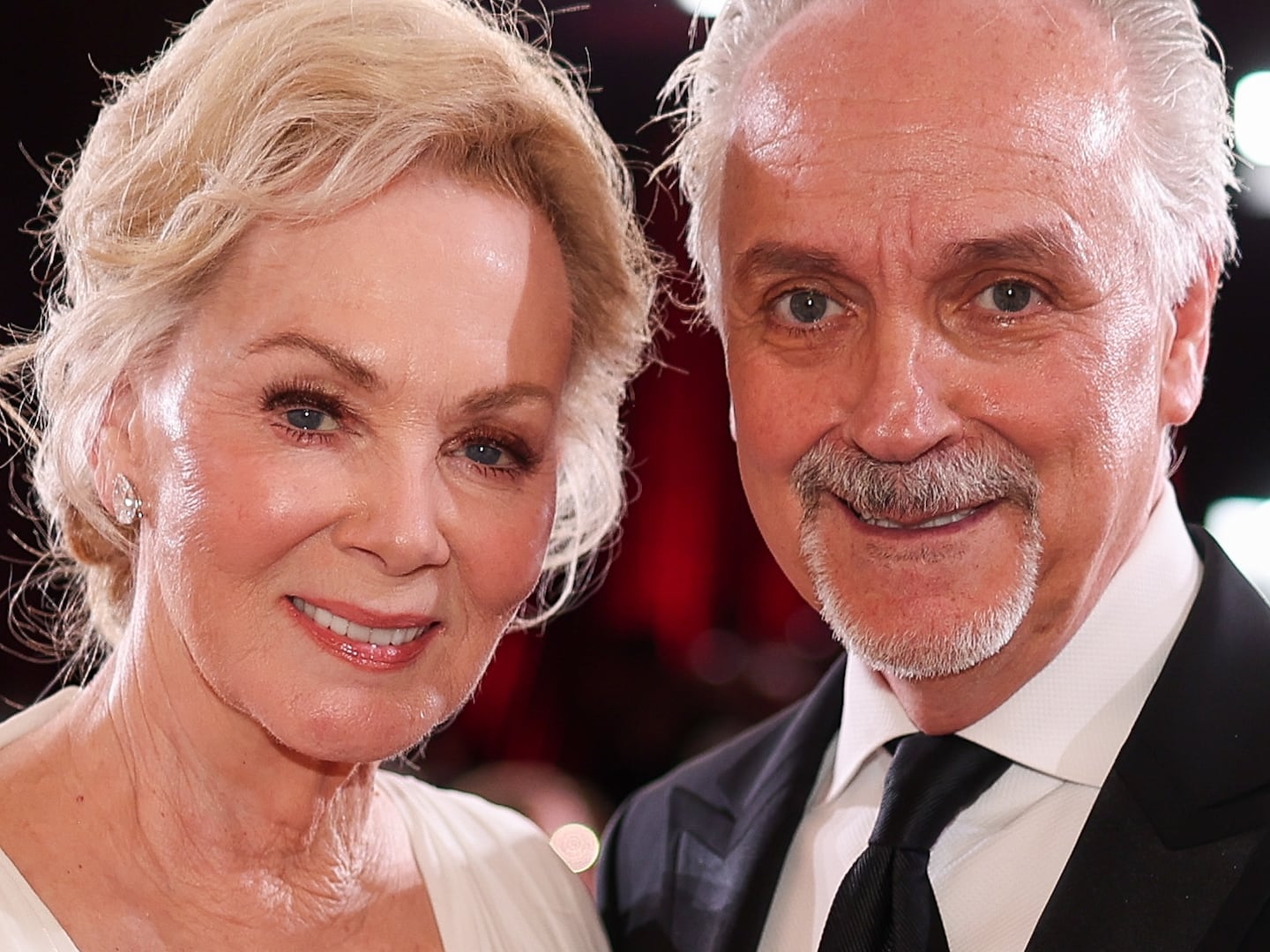Sebastián Lelio’s films about female sorrow and resilience also double as commentaries on cinema itself, and that’s made overt—if no less complex and entrancing—by The Wonder (Nov. 2 in theaters; Nov. 16 on Netflix), the Chilean director’s adaptation of Emma Donoghue’s 2016 novel of the same name. Co-written with Donoghue and Alice Birch, and led by an intensely coiled performance from Florence Pugh, Lelio’s 19th century drama is a multifaceted portrait of storytelling: the way it enlightens and deludes, tells us what we long to hear and forwards the myths we want to perpetuate, and blinds us to the truth even as it opens our eyes to it. Equally haunting, heartbreaking and heartening, it’s a narrative about narratives’ ability to transform, destroy, resurrect, imprison, and liberate.
Lelio’s self-conscious interests are apparent from the opening moments of The Wonder, in which his camera gazes at the backside of a film stage—full of scaffolding and other equipment—before panning around to his actual ship-interior set, all as a narrator (later revealed to be Niamh Algar’s Kitty) announces, “Hello. This is the beginning. The beginning of a film called The Wonder. The people you are about to meet, the characters, believe in their stories with complete devotion. We are nothing without stories.” That sentiment will later be repeated by more than one figure, just as it’s reflected by the action proper, which focuses on an English nurse named Lib Wright (Pugh) who, in 1862, is summoned to famine-stricken Ireland to observe a young girl named Anna O’Donnell (Kila Lord Cassidy) who’s survived for four months without eating.
Lib has been tasked with this “watch” by a committee of male community leaders, including the O’Donnell clan’s parish priest (Ciarán Hinds) and Dr. McBrearty (Toby Jones), who are split between whether the origins of this amazing turn of events are scientific or religious. To that end, these men have hired a nun (Josie Walker) to split oversight duties with Lib, and they all have various reasons for wanting their preferred explanation for Anna’s survival to be verified. So too does Anna’s mother Rosaleen (Elaine Cassidy), who’s convinced that her daughter is being honest when she claims that her only source of nourishment during this stretch has been “manna from heaven.” Lib, however, is unsure that any holy work is at play, and her concern for Anna goes from serious to grave upon spending time with the teenager, this despite the fact that, considering her non-existent diet, Anna initially appears to be in fantastic shape.
As Lib strives to get to the bottom of Anna’s story, The Wonder reveals her own, involving a deceased young daughter, a runaway husband, and a vial of some unnamed substance (laudanum?) that, along with an accompanying pinprick of the finger, helps her cope with her grief. Lib tells herself that she’s solely there for Anna but that’s a comforting yarn meant to obscure her private motivations, and the tension between professional and personal responsibilities is further complicated by the arrival of William Byrne (Tom Burke), a London journalist in Ireland to write about Anna, who he disbelieves and thinks needs to be saved by Lib. Like everyone in this saga, William is a victim—and survivor—of familial loss, which binds him to Lib and, in doing so, makes him a potential vehicle for her second chance at happiness.
The film’s introductory scene isn’t its only meta gesture; on two subsequent occasions, Kitty directly addresses the audience (“We are nothing without stories”), while Lib (“They tell their stories”) and William (“She’s an actress”) further articulate the director’s larger preoccupations. The Wonder is a compendium of altruistic and self-serving fictions—about anguish and suffering, about damnation and salvation—even as it confesses to being one itself. As with his prior Gloria and A Fantastic Woman, Lelio’s latest is a cinematic inquiry into the way women want to be—and are—seen in an inherently patriarchal society. Consequently, the action is awash in close-ups of its characters staring at each other, and the camera, in an attempt to glean reality from make-believe.
The illusory nature of what is witnessed in life and on the screen is epitomized by William’s gift to Anna: a thaumatrope, a toy featuring a disc with a bird and cage on either side that, when spun by an attached piece of string, causes the two images to overlap. Just as the film’s avian motif is echoed by the strange chirping and cawing that punctuates Matthew Herbert’s enigmatic score, William’s plaything speaks to relevant themes of confinement and release—notions powerfully evoked by Pugh herself in a tour de force of restrained expressiveness. Lib is a woman hemmed in on all sides, and the actress communicates her misery, as well as her certainties and doubts regarding Anna, with formidable composure, such that she seems both in complete control of herself and on the precipice of giving into rasher impulses—which, it turns out, are simultaneously selfless and selfish. Her nuanced turn is a marvel of poised frustration and desperation, and reconfirms her status as one of Hollywood’s brightest lights.
As the object of everyone’s vigilant attention, Anna is equated by Lelio with the movies, a magical phenomenon that’s at once real and unreal. Lelio’s trick is making his grander ideas plain without allowing them to interfere with his material’s central mystery; he generates persistent intrigue from Lib’s inquiry into Anna’s perplexing condition. His stately compositions laced with dread and anxiety, and occasionally tethered together by dreamy transitional fades, the director taps into an unsettling vein of abandonment and delusion. He also creates charged connections between the micro and the macro, with Anna’s starvation proving an extension of the Great Famine that, though perhaps technically over, continues to haunt the country.
A story about wasting away that climaxes with rebirth—facilitated by individuals changing their names in order to inhabit the roles they covet—The Wonder is a period piece like few others, attuned to historical oppression and torment and yet inherently modern in form and spirit. It is, quite simply, a wonder, which can also be said about both its accomplished director and star.






